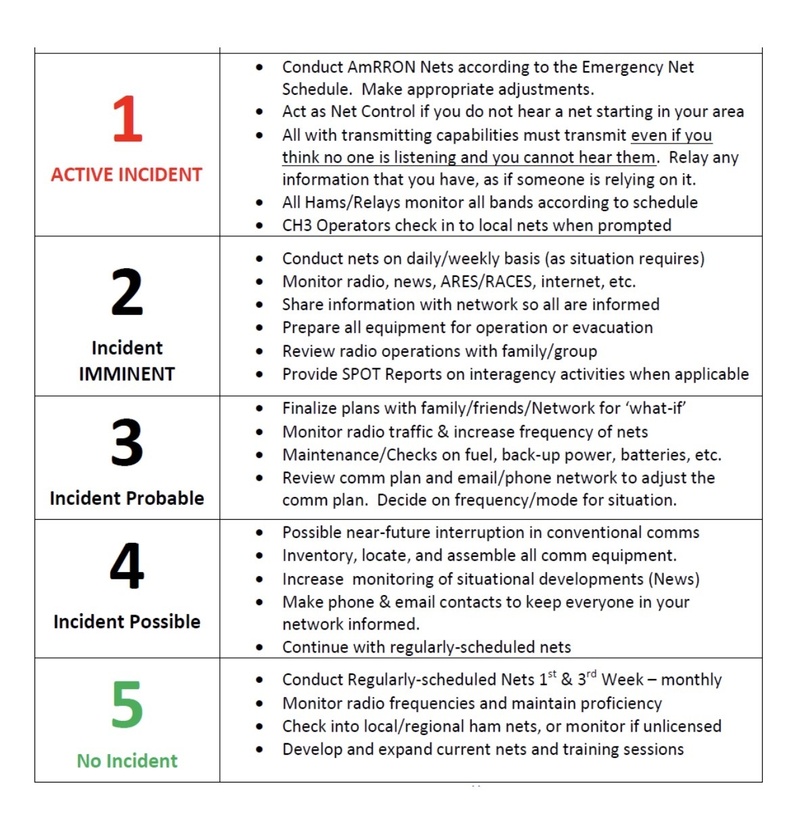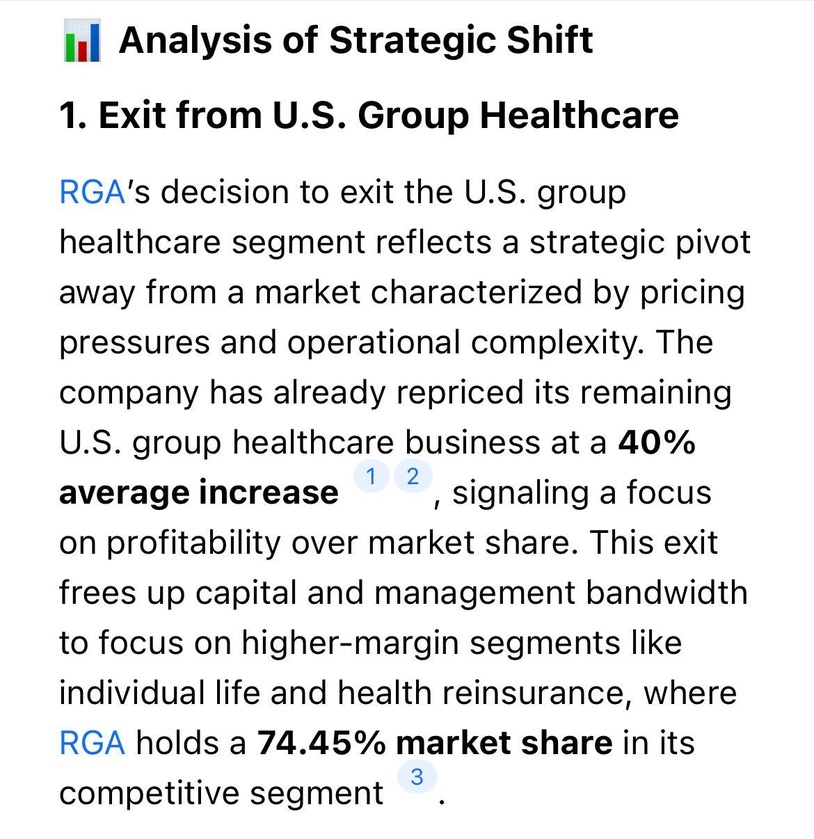
We know what’s coming and we are prepared.
The Economic War Against Iran and the Danger of Its Collapse
Amid an unusual concentration of American forces in the Middle East, many are wondering whether a military strike on Iran’s nuclear facilities is imminent. However, beneath the radar, a war has already begun—one that is economic, paralyzing, and devastating.
In the last three months, the United States has launched a full-scale economic war against Iran. Immediately upon Donald Trump’s return to the White House, crippling sanctions were imposed on the Islamic Republic. Chief among them is a clear threat: any company that leases an oil tanker to Iran or any port in the world that unloads Iranian oil will face U.S. blacklisting.
Collapse from Within: A Disintegrating Economy, Citizens in Crisis
The Iranian rial, the local currency, is plummeting uncontrollably. As of now, it trades at around 1,039,000 rials to the dollar—a drop of more than 30% in just the past three months. The implication is stark: to purchase basic goods, Iranian citizens must carry bags full of cash. This is a failing economy by every measure.
Official inflation is reported at 30–40%, though unofficial estimates suggest it is even higher. Under such conditions, an economy cannot function—it simply collapses.
Infrastructure Collapse and the Threat of Nationwide Multi-Front Chaos
Iran is grappling with:
- A severe water crisis: Approximately 35 million residents face water shortages due to mismanagement and severe drought.
- Power shortages: Planned blackouts and crumbling infrastructure persist, despite Iran sitting atop vast gas reserves.
- A weakened regular army: The proxy project has drained Iran’s economic resources, leaving little to invest in its air force, logistics, or manpower.
What Does This Mean?
Iran shares a land border spanning roughly 5,600 kilometers with seven countries and is surrounded by a diverse ethnic mix along its frontiers. Many of these minority groups view themselves as distinct entities separate from the Persian state.
The combination of failing water systems, electricity shortages, and a weakened military could precipitate Iran’s collapse. A crisis in energy, infrastructure, water, and the regular army is creating security and civilian tensions that destabilize peripheral regions far from Tehran.
Tehran’s ability to maintain control over its territory is limited. The same reason President Raisi died when his helicopter was lost—poor infrastructure and coordination—illustrates why Iran would struggle to deploy forces across the country to maintain order.
Iran is becoming increasingly vulnerable to rebellions, crime, and terrorism along its vast borders. It is effectively trapped in a dictatorial bubble: it lacks funds, its situation is deteriorating, and more resources are being diverted to suppress its own people.
A Breaking Point
Iran cannot sustain this status quo. It is panicked and fearful, fully aware that if it does not reach an agreement with Trump, it risks a genuine economic collapse. Yet, if it does sign a serious deal, it would signal the end of the regime—shattering it on a theological level as well.
Iran is in an extremely dire situation. This presents a strategic opportunity for Israel and the United States.
(Topaz Ram)
This guy wrote a 25 line Python script he claims "can probably unredact all of the Epstein files in less than 30 seconds".
"I am not suicidal, I am a great swimmer, and I look forward to living my life well into my 80s."
Follow @RealWideAwakeMedia for more content like this!
Merch: https://wideawake.clothing
X | YT | IG | Rumble
US / Iranian Conflict
Raising to AmCON 3 (Incident Probable)
Due to the following: deteriorating negotiations between the United States and Iran; the surge in the past 48 hours of “final stage” US military assets into the Middle East; vacating US personnel from bases in Syria; the “Fatwa” issued last summer by Iranian clerics in the Summer of 2025 calling Muslims around the world to rise up if Iran is attacked; the numerous reports of Iranians who have infiltrated the US southern border in recent years and the warnings of “sleeper cells” in the United States, AmRRON is raising the AmCON one level, to Level 3 (Incident Probable).
AmRRON Special Guidance and Instructions:
AmRRON will remain at AmCON 3 until further notice, and we will continuously be monitoring the situation. Additional changes to the AmCON level, and any special instructions or guidance, will be posted here, as well as through the AmRRON member Telegram Channel, the AmRRON Corps Z-Net, and the AmRRON Mobile Team App....

If you’re a parent, this should make your stomach drop!
Every year, millions of families across America proudly display school photos of their children.
On refrigerators. In picture frames. Sent to grandparents and relatives across the country.
But here’s what most parents are never told…
Those school photos are taken by Lifetouch — the largest school photography company in America.
Lifetouch is owned by Shutterfly.
Shutterfly was acquired by Apollo Global Management.
And Apollo Global Management was co-founded by Leon Black — a name that appears in the Epstein files.
That means millions of children’s images are uploaded into databases every single year by a corporate structure tied to someone connected to Epstein.
Let that sink in!
https://vxtwitter.com/i/status/2019500982997041332


















